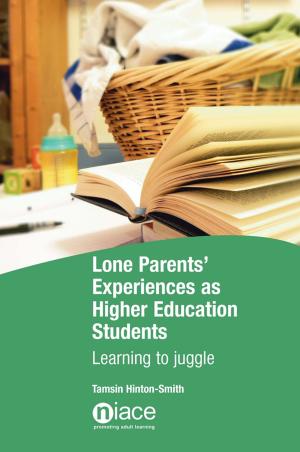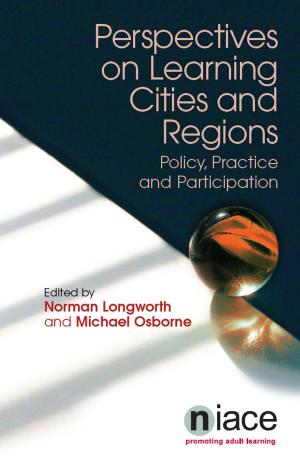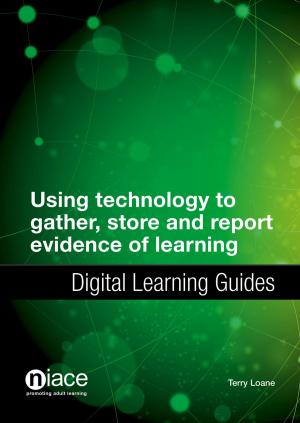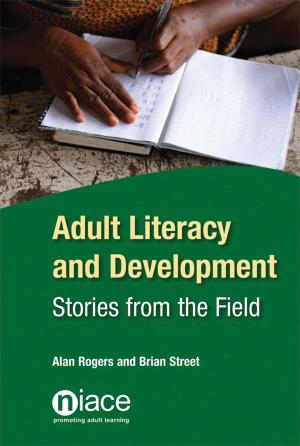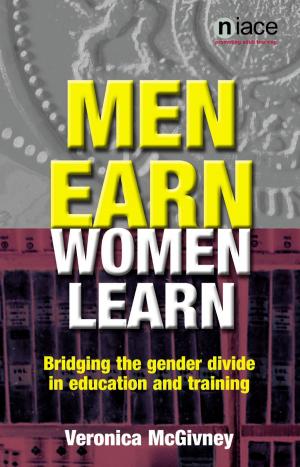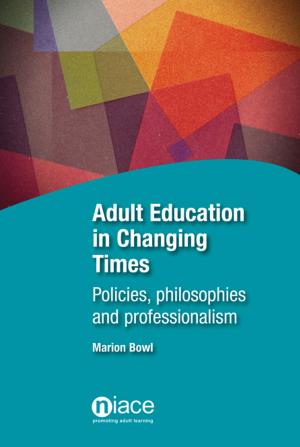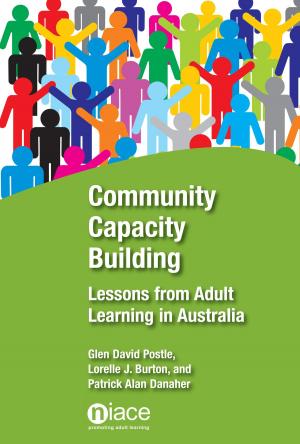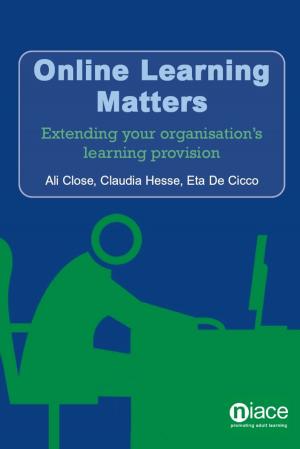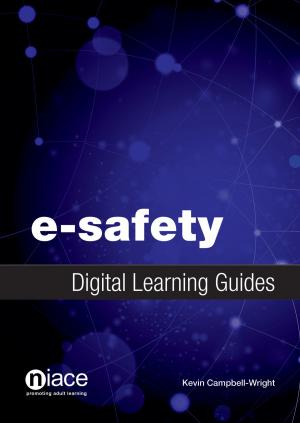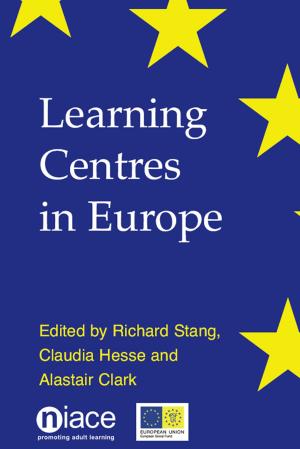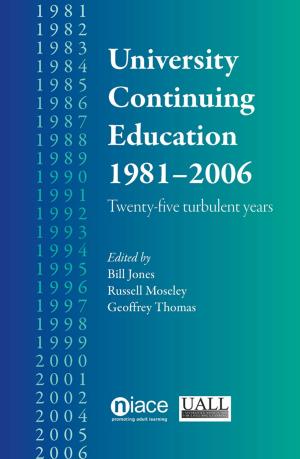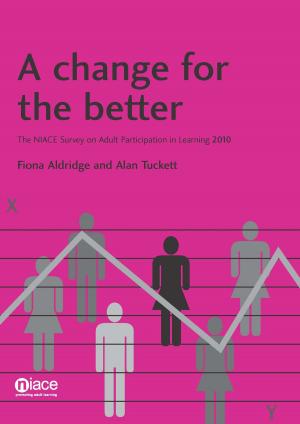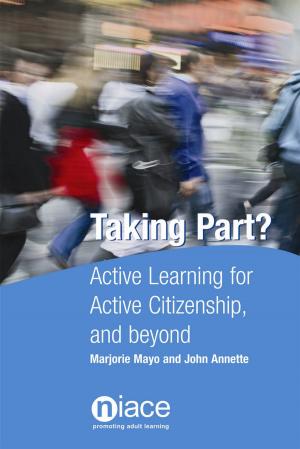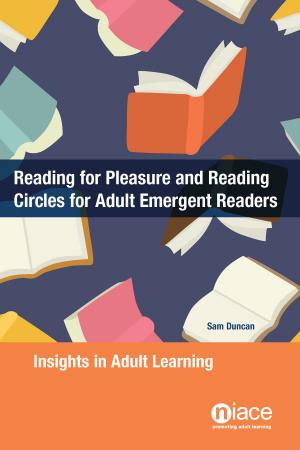Informal Learning in the Community: A Trigger for Change and Development
Nonfiction, Reference & Language, Education & Teaching, Educational Theory, Adult & Continuing Education, Philosophy & Social Aspects| Author: | Veronica McGivney | ISBN: | 9781862015128 |
| Publisher: | National Institute of Adult Continuing Education (NIACE) | Publication: | November 30, 1999 |
| Imprint: | National Institute of Adult Continuing Education | Language: | English |
| Author: | Veronica McGivney |
| ISBN: | 9781862015128 |
| Publisher: | National Institute of Adult Continuing Education (NIACE) |
| Publication: | November 30, 1999 |
| Imprint: | National Institute of Adult Continuing Education |
| Language: | English |
This report is based on a short DfEE-funded study that was designed to explore the role of community-based informal learning in widening participation and starting people on a learning pathway. The study involved an extensive literature search, consultation with relevant organisations and individuals, with visits to a small sample of organisations and locations providing community-based learning activities. In order to promote lifelong learning we need to give greater recognition and value to the huge variety of informal learning that is conducted in community settings.
The study showed that informal learning plays a crucial role in starting people on a learning pathway. It also identifies the kinds of services, structures and conditions needed to develop learning pathways and encourage people to make the transition from informal to more formal, structured and accredited learning. However, it highlights the fact that educational progression, albeit a desirable outcome, is not necessarily the most important benefit of informal learning: the benefits to individuals, families and communities may be far more wide-ranging. The big question is how to demonstrate that value and convince policy-makers and funders that informal learning is something worthy of greater investment, not only in the interests of lifelong learning but also in the interests of community regeneration and helping excluded groups to develop their potential.
This report is based on a short DfEE-funded study that was designed to explore the role of community-based informal learning in widening participation and starting people on a learning pathway. The study involved an extensive literature search, consultation with relevant organisations and individuals, with visits to a small sample of organisations and locations providing community-based learning activities. In order to promote lifelong learning we need to give greater recognition and value to the huge variety of informal learning that is conducted in community settings.
The study showed that informal learning plays a crucial role in starting people on a learning pathway. It also identifies the kinds of services, structures and conditions needed to develop learning pathways and encourage people to make the transition from informal to more formal, structured and accredited learning. However, it highlights the fact that educational progression, albeit a desirable outcome, is not necessarily the most important benefit of informal learning: the benefits to individuals, families and communities may be far more wide-ranging. The big question is how to demonstrate that value and convince policy-makers and funders that informal learning is something worthy of greater investment, not only in the interests of lifelong learning but also in the interests of community regeneration and helping excluded groups to develop their potential.

